
What is the Relationship Between Exercise and Tendonitis?
To enjoy the glow of good health, you must exercise, but what happens when tendonitis makes this more pain than fun? This is because the repetitive movement is one of the most common causes of tendonitis, everyday activities like typing, cleaning, running or playing sports can trigger its development. In fact, although an injury can trigger the development of tendonitis, it is usually a person’s work or leisure activities that are the main causes of the problem. This is especially true when someone begins these activities abruptly (like a workout plan, for example) and does too much too soon.
Don’t get the wrong idea just yet — the risk for developing tendonitis isn’t an excuse to avoid exercise and being active! These activities aren’t the only things that can trigger your tendons to become inflamed. Existing conditions such as rheumatoid arthritis, gout, thyroid disorders, infections and reactions to certain medications can also put additional stress on tendons.
While there are hundreds of tendons throughout our bodies, only a number of specific ones seem to cause the vast majority of tendonitis cases. That’s because these tendons are used the most in everyday life and also might receive less blood flow. Poor blood supply and difficulty getting nutrients to tendons can contribute to tissue damage and inflammation, which is why it’s important to do what you can to improve circulation, nutrient intake, blood pressure levels and bodywide inflammation.
What is Tendonitis?
It is an acute form of swelling and inflammation in the tendon fibers that attach the muscles to the bones. It is often very painful and can persist for weeks or even months if not treated properly. Anyone who has experienced tendonitis says that it is incredibly painful and disruptive to almost everything one does.
Whether it’s a painful shoulder, knee or elbow, it is a troublesome condition that can affect just about anyone.
Pain can be progressive and accumulate over time. It can also be sudden and intense.
What Really Happens?
What’s happening when this condition strikes is a strain to the tendons that connect bone to muscle. Some people think that pain is a sign that something damaging is going on in their bodies. But that’s not always the case. Tendonitis may cause temporary pain and discomfort, but they usually don’t cause long-term damage and rarely require surgery.
Tendons are bands of strong connective tissue that connect muscles to bones. Tendonitis is inflammation of a tendon. The symptoms include pain and swelling.
Tendonitis is usually a type of injury due to overuse; the tendon is subjected to repeated tension until tiny tears form. Sites that are prone to tendonitis include the shoulder, wrist, knee, tibia and heel. Most cases of tendonitis resolve spontaneously.
Each time you bend, stretching the muscle/ tendon or moving the joint causes mild to moderate pain. Pain spreads along the tendon/muscle or joint. Once tendons are injured it becomes very difficult for them to completely recover. This is because it is almost impossible to keep from re-straining the injured tendons. When the pain is gone, tendons may not be completely healed. Unfortunately, when the pain disappears, one tries to use the tendon/muscle normally.
The specific areas that are most affected are the shoulders, ankles, elbows, and feet.
The main problem with these areas is that they usually do not have the opportunity to rest.
We use these parts constantly during the day.
They never really have the possibility to heal, except when we sleep.
What happens then with constant use is that chronic tendonitis develops.
When Does Tendonitis Become Chronic?
“Chronic” means recurring. Chronic tendonitis can affect the tendons in many parts of the body.
It’s important to note that without proper treatment, the pain of tendonitis becomes significant and worsens if damage progresses because of continued use of the joint bringing about what we can call ‘chronic pain‘. Normally, most damage heals in about two to four weeks, but chronic tendonitis can take more than six weeks, often because the sufferer doesn’t give the tendon time to heal. Additionally, in chronic cases, there may be restriction of motion of the joint due to scarring or narrowing of the sheath of tissue that surrounds the tendon.
Why Should I Treat Tendonitis?
If left untreated, it may become chronic. And as explained above, chronic tendonitis causes constant pain that may interfere with daily activities and result in difficulty sleeping. There are many people in the world that suffer from chronic tendonitis, and this can be an extremely unpleasant situation for those people. In some cases, pain can also spread from the affected area. Untreated tendonitis can also lead to tendon weakening (tendinosis or tendinopathy), tendon rupture and permanent damage to the affected tissue.
Diagnosis of Tendonitis
To diagnose tendonitis, the health care provider takes a medical history, asks questions about work and leisure activities that may be contributing factors, and performs a physical examination, assessing the range of motion and tenderness of the affected area.
X-rays may be taken to determine if another condition, such as arthritis or a fracture, may be causing the pain. Magnetic resonance imaging (MRI) is usually not necessary, but this test can show changes in the tissue surrounding the tendon. Blood tests can be done to check for diseases such as rheumatoid arthritis.
If wrist tendonitis is suspected, other tests (for example, the Finkelstein test) are performed. The Finkelstein test involves bending the thumb, fingers and wrist so that if there is pain, the test is positive. This test helps the doctor determine if the pain is due to wrist tendonitis or another type of wrist problem.
Who Are Those Prone to Tendonitis?
The elderly are at a higher risk of developing tendonitis, as we get older the tendons start to lose their elasticity due to age causing frequent wear and tear.
Sometimes, as a result of overuse, these tendons break or tear and scar tissue forms. The scar tissue is not as flexible as the tendons themselves and, with continued use, inflammation and pain will occur.
Now, It must be understood that age is not the only factor in chronic tendonitis. You read all the time about athletes suffering from tendonitis, their constant repetitive motion is a strain on the tendons. Here are some examples of athletes who can develop chronic tendonitis.
Even if some people think that golfers are not really athletes, they are at risk, just like baseball players who swing the bat all the time and also have to throw the ball so hard. These motions are stressing the tendons in the elbows, shoulders and hands. These tendons weaken over time, then inflammation and pain appear.
Avoiding Chronic Tendonitis
The best way to avoid chronic tendonitis is to take steps to avoid the activity that can cause the condition. If this is not possible, be sure to stretch before the activity. It is necessary to warm up and stretch before exercising. Try to change your exercise program to low-impact exercise.
When you begin to feel pain and swelling, apply ice to the inflamed area. Most of all stop the activity immediately. If you continue to use the inflamed area and don’t give it time to heal, you will develop chronic tendonitis and the pain and inflammation will just get worse with each use. You may need to change your business a little, but it will help. In the long term, you will avoid major tendon injuries and pain.
How to Deal with Tendonitis
The pain that comes with tendonitis ranges from mild to extremely severe. The earlier you catch it and recognize that you have tendonitis the better your chances of it not causing a major problem to your body. And I’m sure that having successfully gone through this article you can now know whether you have tendonitis or not and if you do, you know better than to keep quiet about it. So now dealing with it is a major concern or was a major concern because with the Tendonitis Pain Relief Expert Lotion (coming soon), tendonitis will have no chance. It totally relieves you of the pain irrespective of how chronic or severe your condition is, and allow you to perform your everyday activities with ease. As a work that your job requires one or two repetitive movements, this lotion will save you from the everyday pain you experience regularly and brings you comfort.
Dr. Elix – Nature’s Finest Elixirs

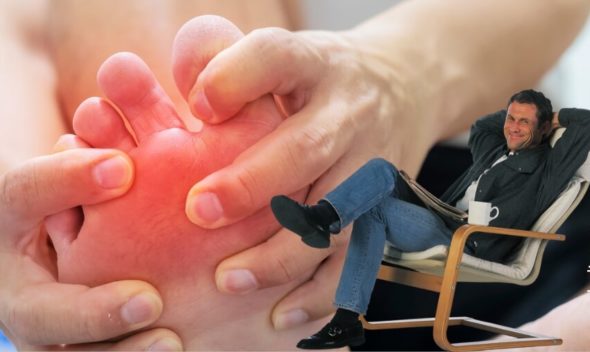
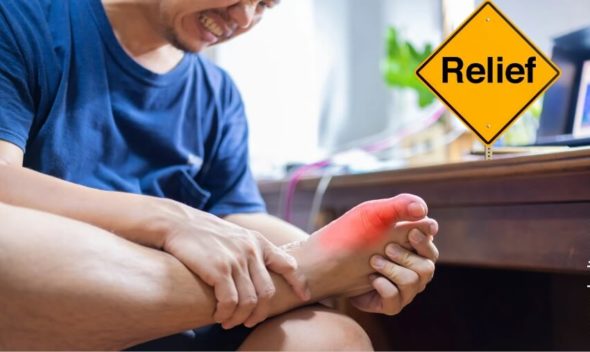
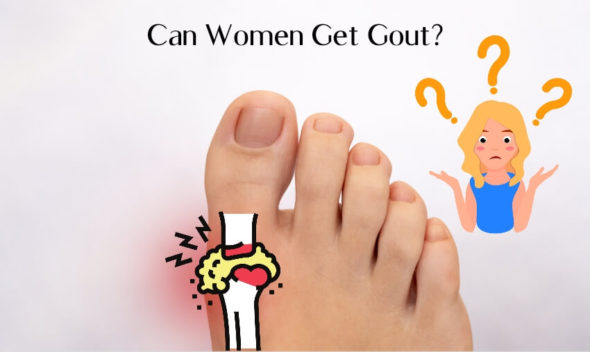


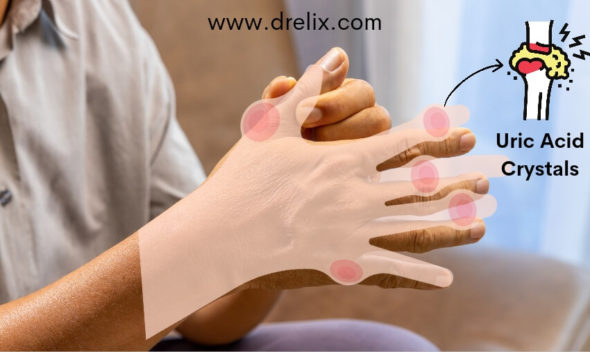
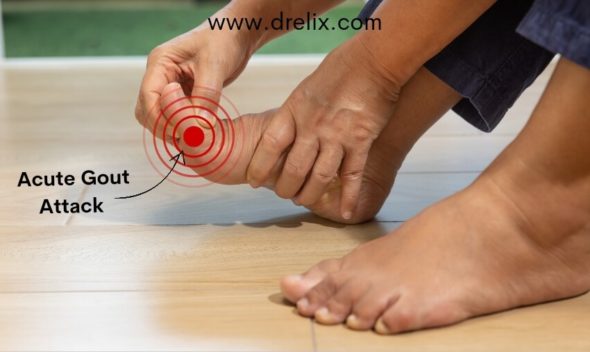
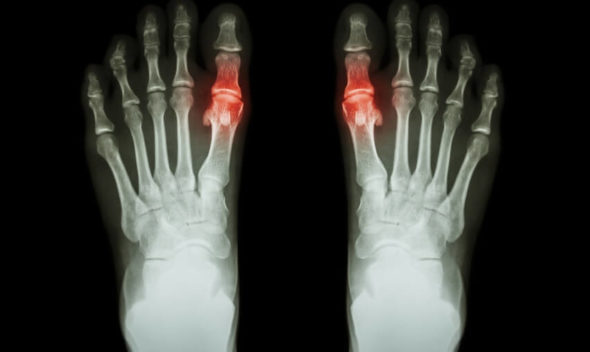
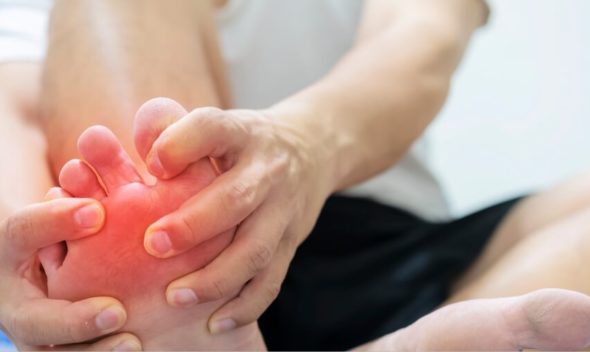

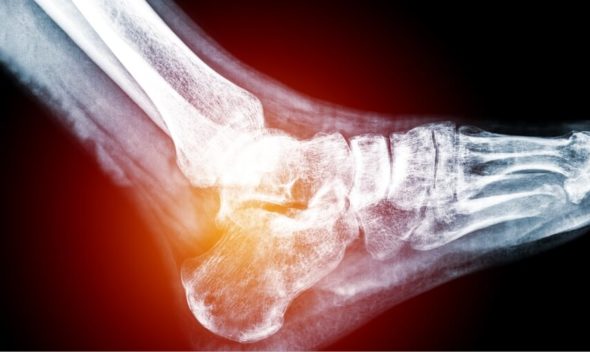

Leave a comment